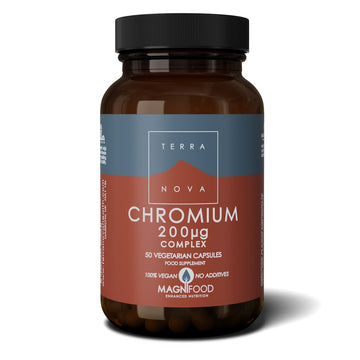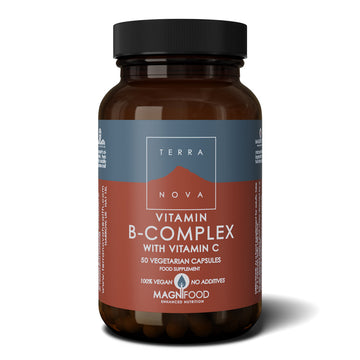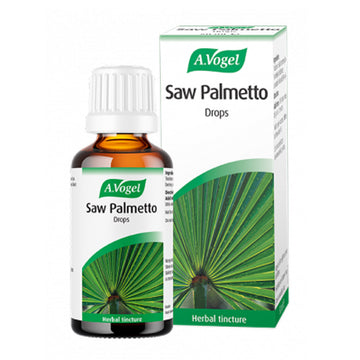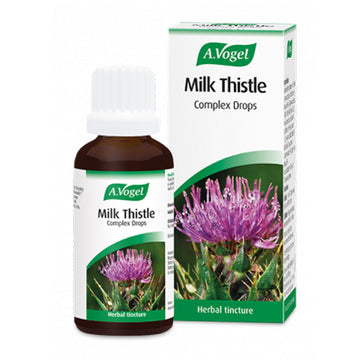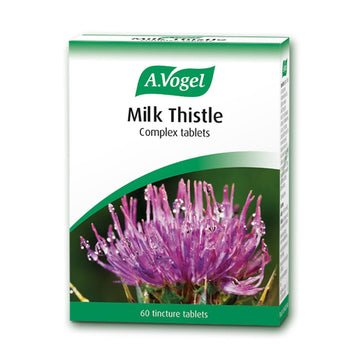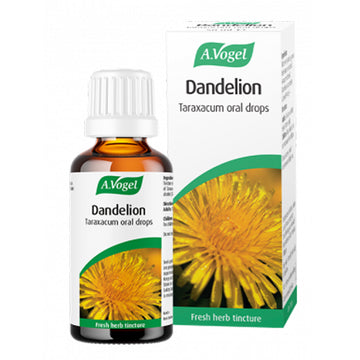As many as 1 in 10 women may have a condition called Polycystic Ovary Syndrome (PCOS). This hormone disorder can potentially play havoc with your body resulting in everything from irregular periods and weight gain to acne and thinning hair or on the other end of the spectrum hair growth.
While there is no known cure, there are ways to manage it including medication and hormone therapy. Some people like to try and have had great success with natural treatments for PCOS (Polycystic Ovary Syndrome) too. Today we're going to take a look at natural ways to treat PCOS.
What Is Polycystic Ovary Syndrome?
Polycystic Ovary Syndrome is a common hormonal disorder that affects how a woman's ovaries work. The ovaries that are covered with small follicles in which the egg develops. These follicles appear in clumps rather like a bunch of grapes. Polycystic ovaries are not particularly troublesome, however, when the cysts cause a hormonal imbalance, it can lead to a series of other symptoms.
No definite cause has been confirmed but it has been suggested that the problem stems from the ovaries, which are unable to produce the hormones in the correct proportions. This in turn can affect a number of other different hormonal pathways in the body.
How Do You Know If You Have PCOS?
Your doctor will diagnose PCOS by ultrasound together with hormone blood tests. The hormones measured will include FSH, LH, and androgens (male hormones), prolactin and thyroid function.
Possible Symptoms:
- weight gain
- excess hair growth
- high levels of blood glucose (sugar)
- increased appetite
- irritable
- skin conditions
Natural Treatments for PCOS (Polycystic Ovary Syndrome)
There are certain things you can do to help manage the symptoms of PCOS, depending on what your symptoms are (they vary from person to person).
Certain vitamins, minerals and herbs can also be extremely useful in helping to correct the symptoms of PCOS, when taken while working on diet and lifestyle. We've put together a list of some of the best natural treatments for PCOS (Polycystic Ovary Syndrome) in the form of supplements and herbs.
Always consult your doctor before taking any supplements/herbal medication, especially if you are on prescribed medication for your symptoms.
Natural Treatments for PCOS: Supplements
Chromium
Chromium is an important mineral to encourage the formation of glucose tolerance factor which is released by the liver to make insulin more efficient. Deficiency of chromium can lead to insulin resistance leading to blood sugar imbalances. Chromium is also a widely researched mineral used for weight-loss.
B-Vitamins
B-vitamins are important in helping to correct the symptoms of PCOS. They can help with metabolism, balance blood sugars, maintain hormone balance and thyroid function.
Agnus Castus
Agnus Castus is an important herb for PCOS. It helps to stimulate and normalise the function of the pituitary gland which controls the release of LH.
Saw Palmetto
Saw Palmetto works as an anti-androgen which can be very helpful given high levels of testosterone in PCOS. For those that have excess hair growth, adding saw palmetto in to your daily routine can be helpful.
Milk Thistle/Dandelion
Both herbs are beneficial to cleanse the liver, which acts as a disposal unit for old hormones. Supplementing with milk thistle or dandelion can help get rid of the ‘old’ hormone build up.
Diet & Lifestyle
When it comes to natural Treatments for PCOS, a healthy diet and exercise are important tools when dealing with this condition. If you are overweight, symptoms can be greatly improved by losing weight. In conjunction with a healthy diet, exercise helps to control weight and keeps your blood sugars in balance (losing weight helps to reduce the high insulin level seen in PCOS, which in turn can help reduce testosterone).
We sell helpful books in-store to educate and guide you through Polycystic Ovary Syndrome. Please ask a member of staff for assistance.
Please note, this blog is for informational purposes only and should not replace medical advice.
It’s always best to consult your doctor before taking any new supplements, treatments or remedies if you are pregnant, breastfeeding or on medication.
Checked and updated: 30 August 2021



